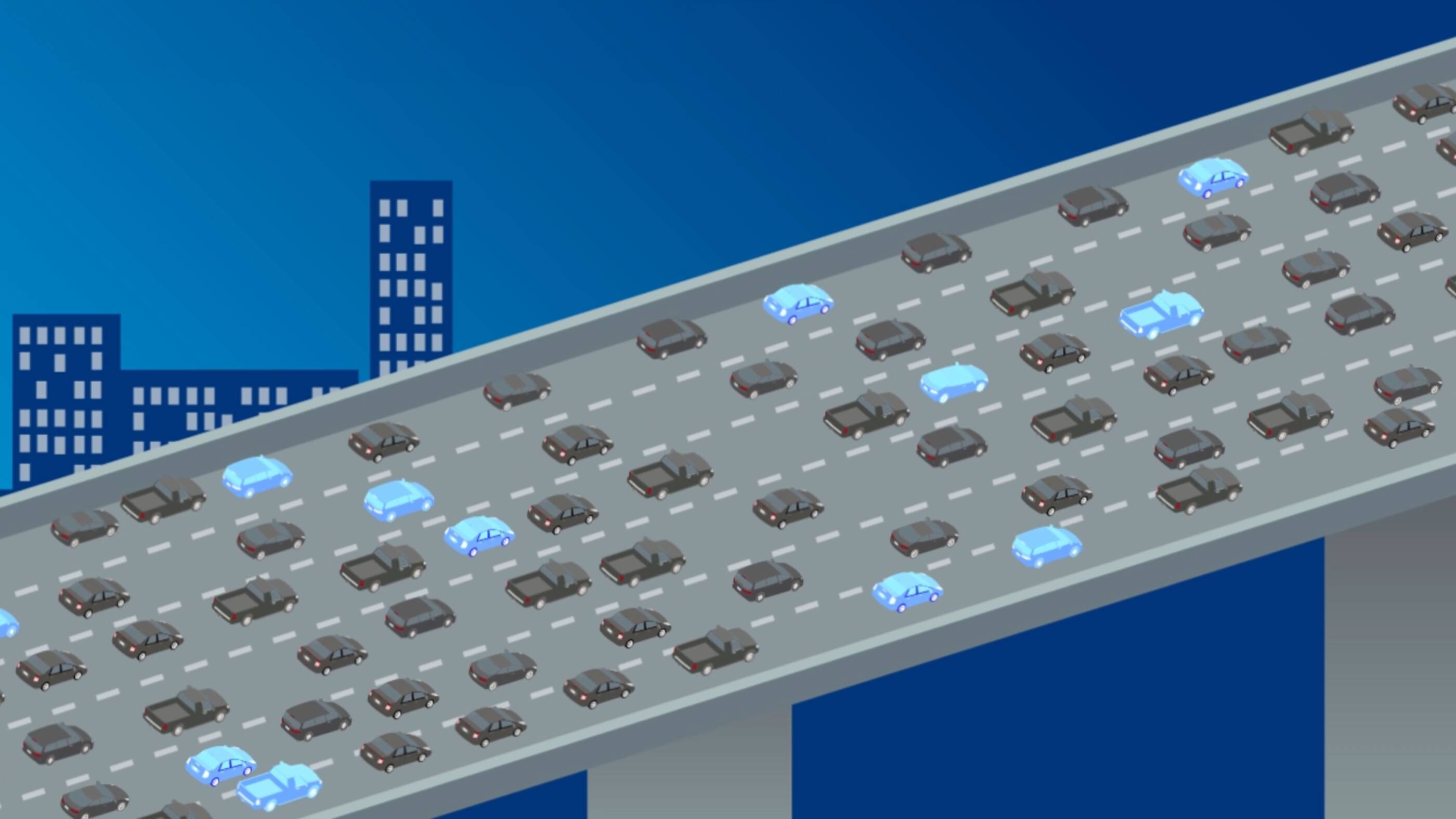Perspective Feb. 24, 2022
The ‘aha’ moment: Krystal Wrigley
Perspective Feb. 24, 2022
selected item
This is especially true as ExxonMobil researchers work together on researching and developing the next generation of lower-emission transportation fuels. Reducing emissions from ships and planes and on the roads is essential to meeting climate goals, as the transportation sector accounts for nearly one-quarter of the world’s greenhouse gas emissions.
In this series, we spoke with some of ExxonMobil’s top scientists to find out what they’ve learned, what surprised them, and how they define success in the long game of scientific inquiry.
Krystal Wrigley is a Fuels Technology Chief at ExxonMobil’s Technology Center in Clinton, New Jersey. She’s spent her 16-year career as a chemical engineer for the company, beginning as a researcher and then advancing into her present role as a leader in technology strategy and product development to implementation. She has been uniquely placed to see the ways in which big ideas in the lab translate to commercial applications in the real world.
High-performance fuel has been Krystal’s area of expertise, with early work in quality testing and logistics for Formula 1 racing vehicles. Today, she focuses on lower-emission fuels for the commercial trucking, shipping and aviation sectors.
Krystal recently spoke with us about the process that leads to those breakthrough moments.
Explore more
.jpg)
Globetrotting gearheads fueling F1
Key takeaways:
- Fiona McEwan and Pablo Terroba are ExxonMobil racing technical advisors with the Oracle RedBull F1 racing team.
- They monitor the ExxonMobil fuels and lubricants for wear issues, making their support key to performance.
Lower-emission transportation Article • Feb. 13, 2024

Let's deliver reduced transportation emissions
Key takeaways:
- A diverse mix of technologies is vital to meeting the goals of the Paris Agreement.
- We need policy that encourages investments in all technologies to reduce emissions.
- Lower-emission fuels offer the potential for customers who cannot or do not want to purchase an EV to still play their part in reducing GHG emissions.
Lower-emission transportation Viewpoints • Jan. 23, 2024

Let’s deliver sustainable aviation fuel – with our existing infrastructure in France
Three key takeaways:
- Global air travel demand is increasing.
- Sustainable aviation fuel (SAF) presents an opportunity to reduce emissions.
- Co-processing can help accelerate the energy transition.
Lower-emission transportation Article • Dec. 5, 2023
.jpg)
Strathcona: The road to renewable fuel
Renewable fuel production is ramping up at the Strathcona refinery. With hundreds of employees and contractors, and the capacity to fill 500,000 vehicles per day, this facility could deliver more than 6 million barrels of renewable diesel per year.Lower-emission transportation Perspective • Aug. 3, 2023
%2b%2bx%2b%2bLandscape%2b169%2b(2880%2bx%2b1620).jpg)
The future of lower emission transportation fuels
For 30 years, Russ Green has worked primarily in ExxonMobil’s fuels and lubricants businesses. Today Russ is focused on developing lower-emission fuels for the highest emitting industries. Energy Factor recently spoke with Russ about the future of transportation and innovations he’s working on to help lower emissions.Lower-emission transportation Perspective • May 13, 2022
.jpg)
Renewable diesel for our changing world
Diesel plays a critical role in enabling modern life. This high-energy fuel packs the power needed for trucking, aviation and maritime transportation – which help move people around the world, and goods from manufacturing sites to our doorsteps.Lower-emission transportation Perspective • April 7, 2022